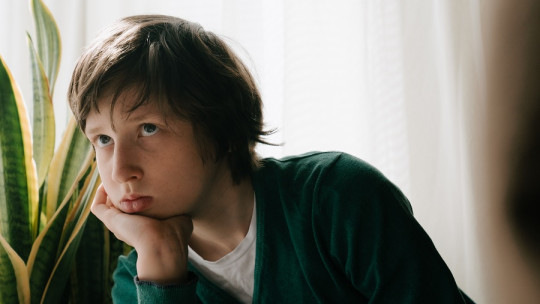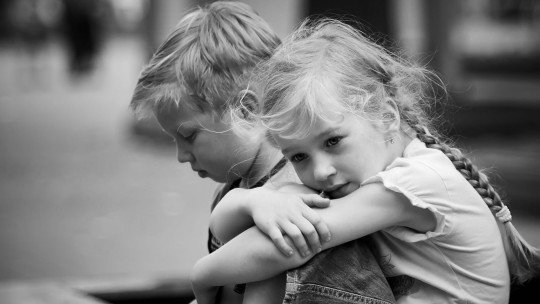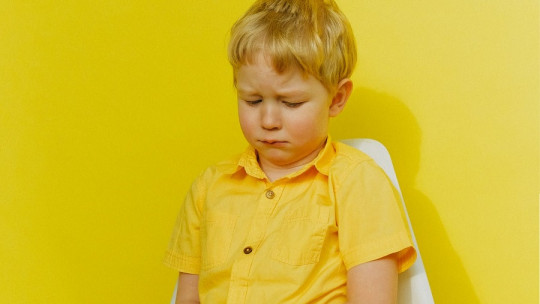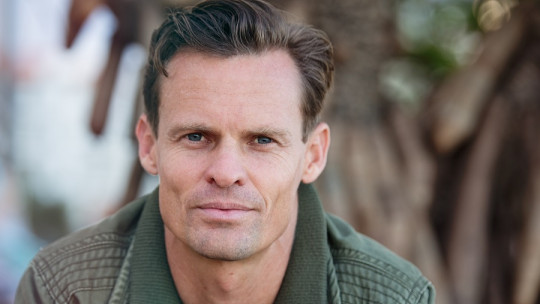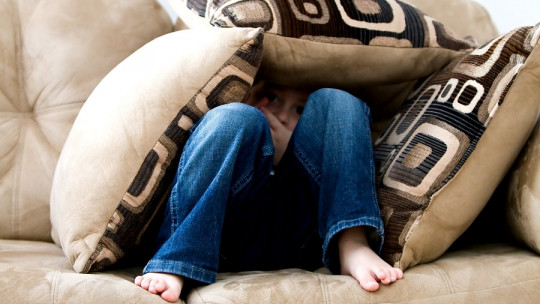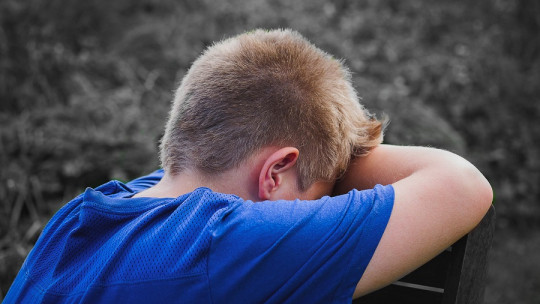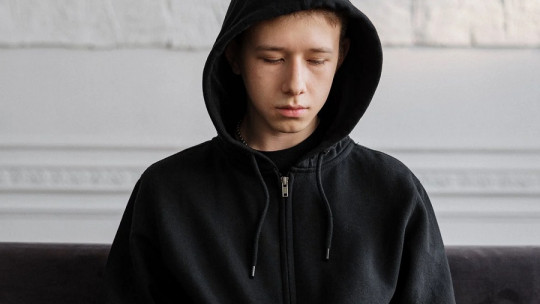Surely you have asked yourself more than once why some people are the way they are or act the way they act. In many cases, we can find answers to these questions in the childhood that these people have had, a period in which many of the psychological traits and emotional problems they experience in adulthood are developed.
For many people, childhood is one of the happiest stages of their lives, from which they preserve all kinds of memories that take them back to a time where all needs were met. For others, however, the fact of not having these support elements at a stage in which they were particularly vulnerable has shaped their way of experiencing life, and their relationship with anxiety and emotions considered “negative” in general. And between both options, there is a rich gray scale.
In any case, childhood constitutes a vital moment in which the structure of many of the elements that condition our psychological and psychosocial processes is formed: the interpretation of reality, social relationships, the management of sadness, etc.
And beyond the narratives of childhood that show it in an idealized way as a happy experience full of love and protection from fathers and mothers, this can also be a dark period full of suffering, where They create many of the traumas, fears, and complexes that adults have.
All these wounds from the past arise for multiple reasons and affect each individual differently, depending on their individual characteristics or personality, determining to a large extent the adult’s way of being.
In today’s article I will explain how these emotional wounds from childhood arise and we will see what the 5 main ones are
How do emotional wounds arise in childhood?
Emotional wounds in children can have their origin in a traumatic childhood, in which the person has had to face a serious event that changes their life completely, such as the death of a loved one; changes of address or school, bullying or any other experience that is difficult to overcome. But they do not always have their trigger in a specific and particularly violent and catastrophic experience.
Another possible origin of emotional wounds can be found in the way the child interprets any event in his or her daily life as something negative, painful or unfair, although in reality it is nothing of the sort. This may be caused by a parenting model that is too strict or that leads the child to feel guilty for everything bad that happens to them.
This can also happen when the child interprets that his parents are absent from his life or do not provide him with the necessary support and affection; when in reality parents do it to protect them from something or because they have a compelling reason.
It is important to be clear that during childhood, boys and girls do not yet have the reasoning and analysis tools that adults have to understand some complex situations and weigh all their positive and negative nuances; That is why they are more prone to adopt extremely pessimistic or conflict-generating frameworks for interpreting reality, since They give rise to very intense feelings in the face of experiences that require, above all, prudence and reflection to understand what happened.
Finally, it should be noted that these emotional wounds usually occur in the early stages of childhood, that is, until the age of 8 or 9, when both the child’s personality and his brain are still developing at high speeds and therefore not It still has full functionality in some areas of the brain responsible for analyzing and understanding very abstract concepts or complex reasoning.
What are the 5 emotional wounds that arise in childhood?
Everything that happens to us during childhood conditions the person we are as adults, especially those painful experiences that mark us for life.
Below you will find a summary of the main emotional wounds that appear in childhood and that can change a person’s life forever.
1. Fear of abandonment
Fear of abandonment is one of the most common fears that children have in the early stages of their growth, and This particular fear usually appears around 4 years of age
The fear of abandonment and being alone affects any young child very intensely, going so far as to greatly condition their adult personality and future relationships.
This very common fear appears in children who live in environments where they are not given the affection, love, support and accompaniment necessary for them to develop naturally and establish attachment relationships with their environment.
In addition to that, fear of abandonment can also develop in children who perceive a lack of concern or lack of interest on the part of their parents towards them, although in reality it is not like that. In these cases, the person may develop relationships in the future based on emotional dependence on another person.
People who grew up with fear of abandonment since childhood tend to establish superficial relationships and almost never commit to friendships or partners. On the contrary, they have a tendency to leave their partners after a short time and abandon projects of all kinds, for fear of being abandoned and experiencing that feeling of loneliness again.
2. Fear of rejection
Fear of rejection may be related to fear of abandonment and is based on childhood experiences in which the child has not been accepted by his group of friends, his family or his parents
This type of fear is based both on real experiences of rejection and on those in which the child experienced rejection that could be real or simply something perceived by him or herself.
Rejection is based on a low level of self-esteem and the development of a series of self-deprecating thoughts, based on beliefs such as “I am worthless” or “I am useless” or “no one will ever love me.”
The wound caused by rejection can heal over time by replacing these negative thoughts with more positive and adaptive ones, which emphasize one’s abilities, achievements, and positive aspects.
3. The wound of betrayal
Experiences in which the boy or girl feels betrayed by their parents can leave a very deep imprint on the mental health of adults in the future
This wound is more serious especially when the father or mother betrays the child repeatedly, cases in which children develop feelings of resentment and even envy towards a sibling who does receive the things they were promised.
The wound of betrayal usually generates adults who need to be in control of all situations to prevent people around them from betraying them and who hold concepts such as friendship, loyalty or fidelity in high esteem.
4. The wound of humiliation
The wound of humiliation occurs in those children whose parents systematically humiliated or ridiculed them in childhood.
As they grow up, these people They often develop low self-esteem, emotional dependence on others, and a constant need to be validated accepted and approved externally.
The wound of humiliation is overcome by forgiving those who humiliated you in the past and forgetting all those painful experiences.
5. The wound of injustice
The wound of injustice occurs in children whose parents were very strict during childhood and who developed a feeling of injustice towards their parents throughout their upbringing.
Adults who carry this wound are also rigid and intransigent with their environment, always imposing their will and reason on others and always yearning for greater power and importance.
This wound can be healed by working on too rigid thinking models and it is important to change them for more flexible ones, which allow us to take into account all the nuances and aspects of a complex and changing reality.
Are you looking for professional psychological support?
If you are interested in having psychological assistance for individual patients or families, contact me.
My name is Carolina Marin and I am a General Health Psychologist and psychotherapist federated by the FEAP.

